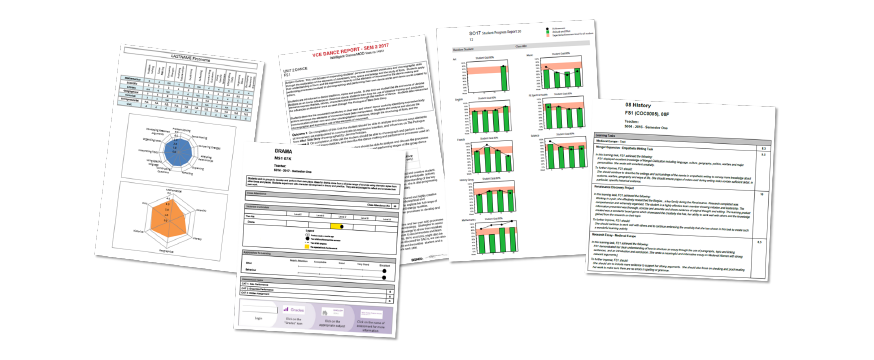GAML/TCG criteria for use of an assessment to report on SDG 4.1.1
This work is licensed under a Creative Commons license CC BY-SA 3.0 IGO Deed | Attribution-ShareAlike 3.0 Intergovernmental Organization | Creative Commons
Abstract
The Global Alliance to Monitor Learning (GAML) is the working group of the Technical Cooperation Group on SDG 4 Indicators (TCG) that focuses on learning data and aims at improving learning outcomes by supporting national strategies for learning assessments and developing internationally comparable indicators and methodological tools to measure progress towards key targets of Sustainable Development Goal 4 (SDG 4). Indicator 4.1.1 is defined as the percentage of children and young people who have achieved a minimum proficiency level in (i) reading and (ii) mathematics during primary (Grade 2 or 3) and at the end of primary and lower secondary education. Reporting on internationally comparable indicators on SDG 4.1.1 is not as high as desirable. For example, in the latest UIS data release available to the public online, only 37 countries report learning (using reading as a proxy) at the Grade 2 or 3 level, and 101 countries at the end-of-primary level at least once in the last six years. This numbers contrast sharply as compared to the 203 countries reporting primary school enrollment, indicating a mere 18% reporting at the lower primary level compared to reporting enrollment figures. Perhaps, more importantly, the number of countries reporting is not increasing quickly enough. During 2013-2016, only 30 countries reported for SDG 4.1.1.a, increasing marginally to 36 in the most recent three years. At this pace, it would take 35 years for the lower primary learning indicator, and 11 years for the end of primary learning indicator, to catch up to the enrollment reporting rates. This document seeks to clarify and lay out the state of play regarding the criteria that could allow an increase in reporting on SDG 4.1.1.a, while ensuring an acceptable standard of rigor.


